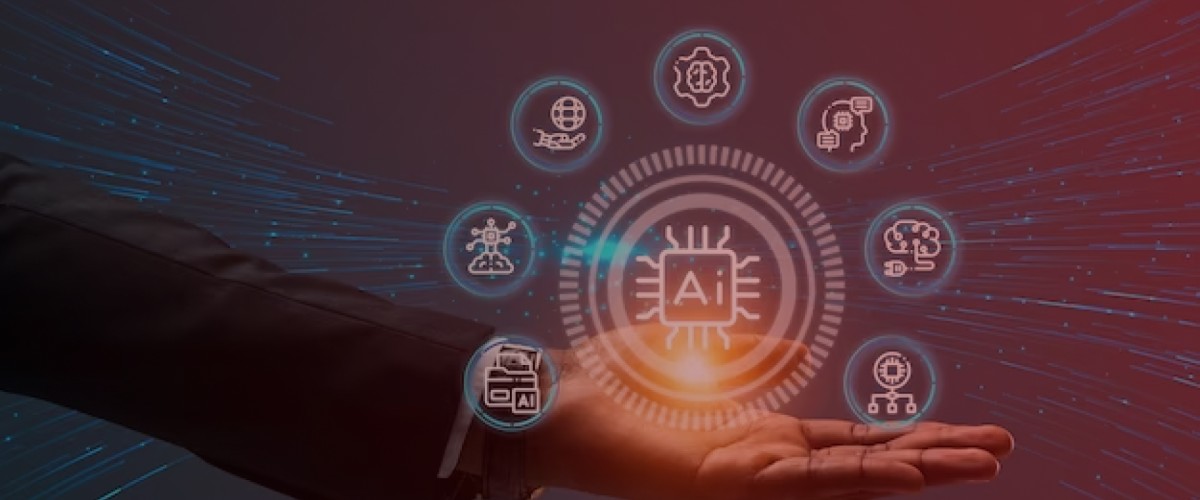AI: Progressing Software Development Using Cognitive Systems

The world is moving towards cognitive systems, and almost every function is now being transformed by the application of Artificial Intelligence (AI) technologies. From virtual assistants in customer service to enabling data centers in running autonomously, AI’s touch is seen everywhere.
A report by McKinsey, states that AI could potentially deliver an additional economic output of around $13 trillion by 2030, boosting global GDP by about 1.2% a year.
While AI is transforming every possible industry, what about the industry that creates it?
AI is being used to great effect in the process of software development too. As digital transformation projects take centre stage, application development workloads are increasing at a fast pace. Organizations are faced with two choices — either hire more quality developers or improve the productivity of developers. With the industry facing a challenge in the shortage of talented software developers on demand, more and more organizations are looking at AI to help mitigate some of these issues.
AI’S ROLE IN ADVANCING SOFTWARE DEVELOPMENT
If one looks at a typical software development life cycle, then there are some key areas where AI can help. These include areas such as Requirements Gathering, Project Management, Software Design, Software Testing and Automated Code Generation.
Let us look at some typical use cases:
- Requirement Gathering: The starting phase of software development requires a huge amount of human intervention, as project managers have to estimate user requirements before moving into design. A project estimation plan is a tough task as it involves a comprehensive understanding of user issues, and then matching it with the skill sets and experience of the current team to arrive at an approximate project completion date. By using natural language processing techniques, AI can help in automating and translating user requirements quickly. By using past reference guidelines, AI can help in spotting and flagging off inaccuracies or incomplete requirements. This helps in developing quality code, and also in ensuring that user expectations are in line with project estimates.
- Software Design: AI can be used in creating a more efficient design of the software. The technology can be used to create a robust architecture by automating complex tasks. By using intelligent AI-enabled digital assistants, software designers can better understand the needs of the client. Research firm, Gartner, says that application development teams will augment their work with artificially intelligent “co-developers”. It also predicts that by 2022, at least 40% of new application development projects will have an AI-powered ‘virtual developer’ on their team.
- Software Coding: AI-powered tools will augment or provide code snippets, that developers can use to reduce their quantum of work. AI-powered code review tools can also review code to automatically flag bugs and suggest software code changes.
- Software Testing: AI can be used to automatically create test cases and run them against the code. This helps in running multiple tests in a variety of scenarios and different workloads. This helps in saving a lot of time and effort for test analysts with least manual intervention.
AI-based tools are growing in popularity — a fact that can be seen by the rise in the number of AI-based software tools being available in the market. For an enterprise, the growing use of AI-based tools in software development promises a new wave of increased productivity and improved quality. Organizations would do well to take note of the fact that AI tools help software developers significantly increase their productivity. With AI-enabled assistance, software application development can be truly democratized as even people with non-technical knowledge can create software applications.
